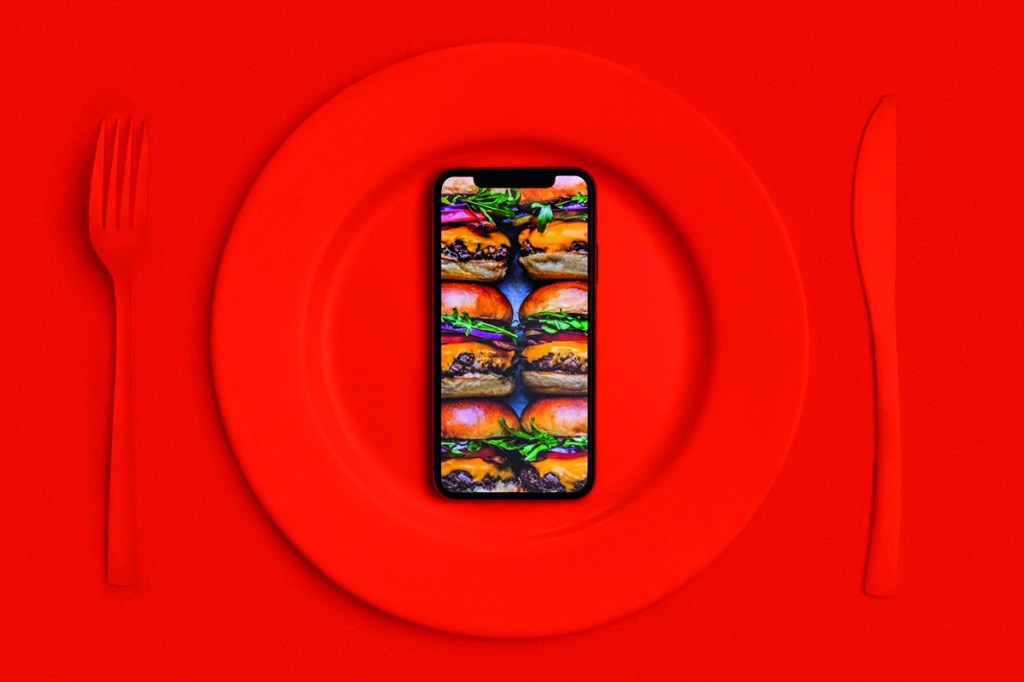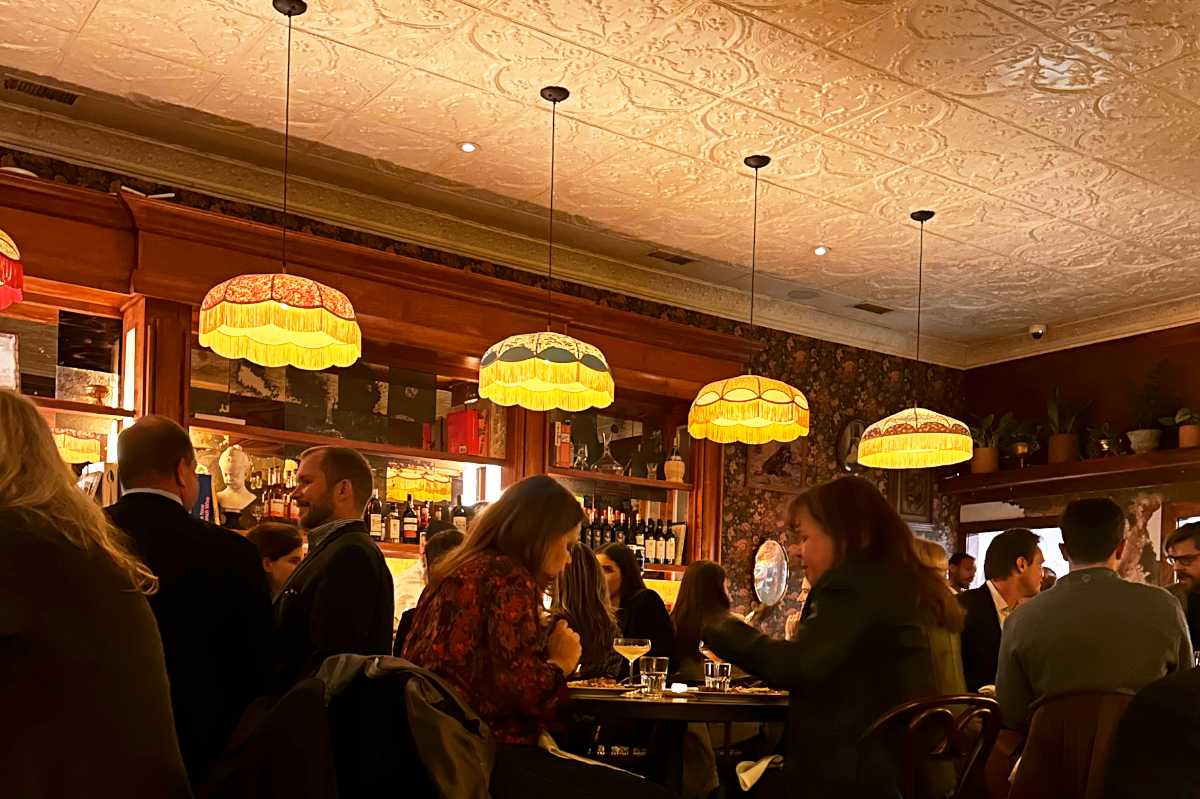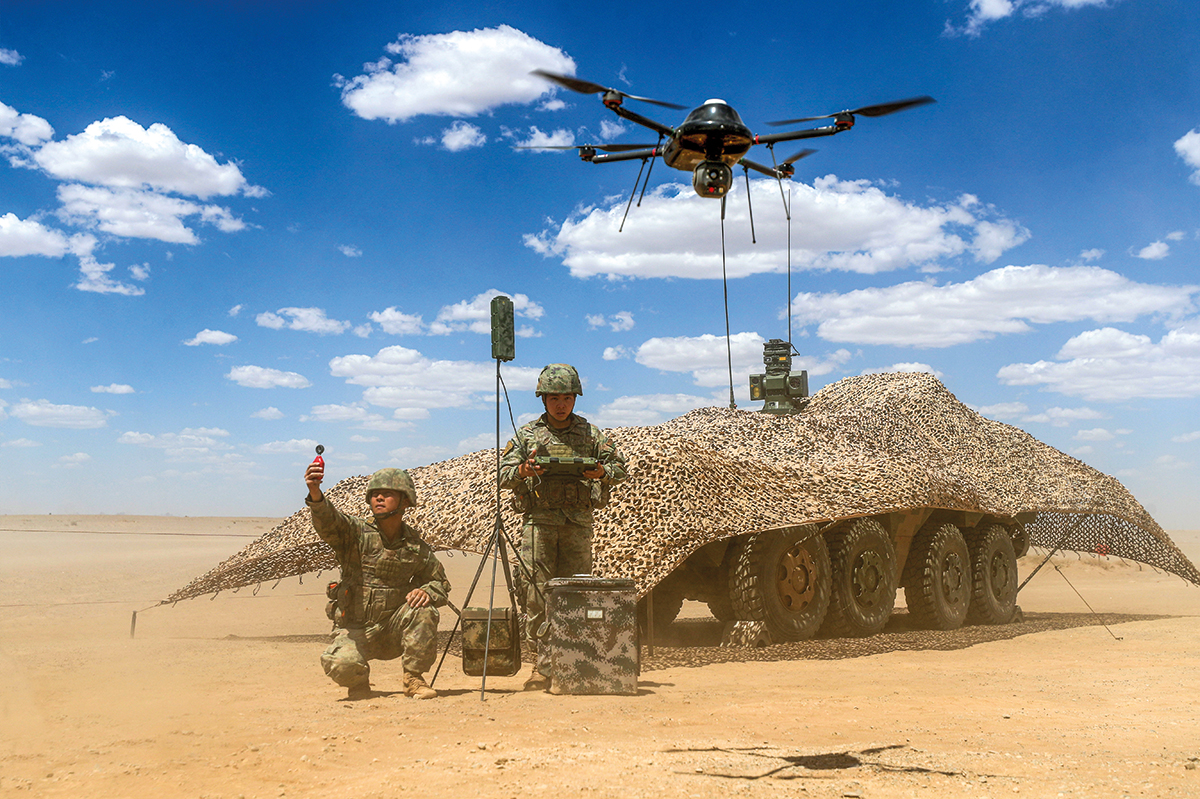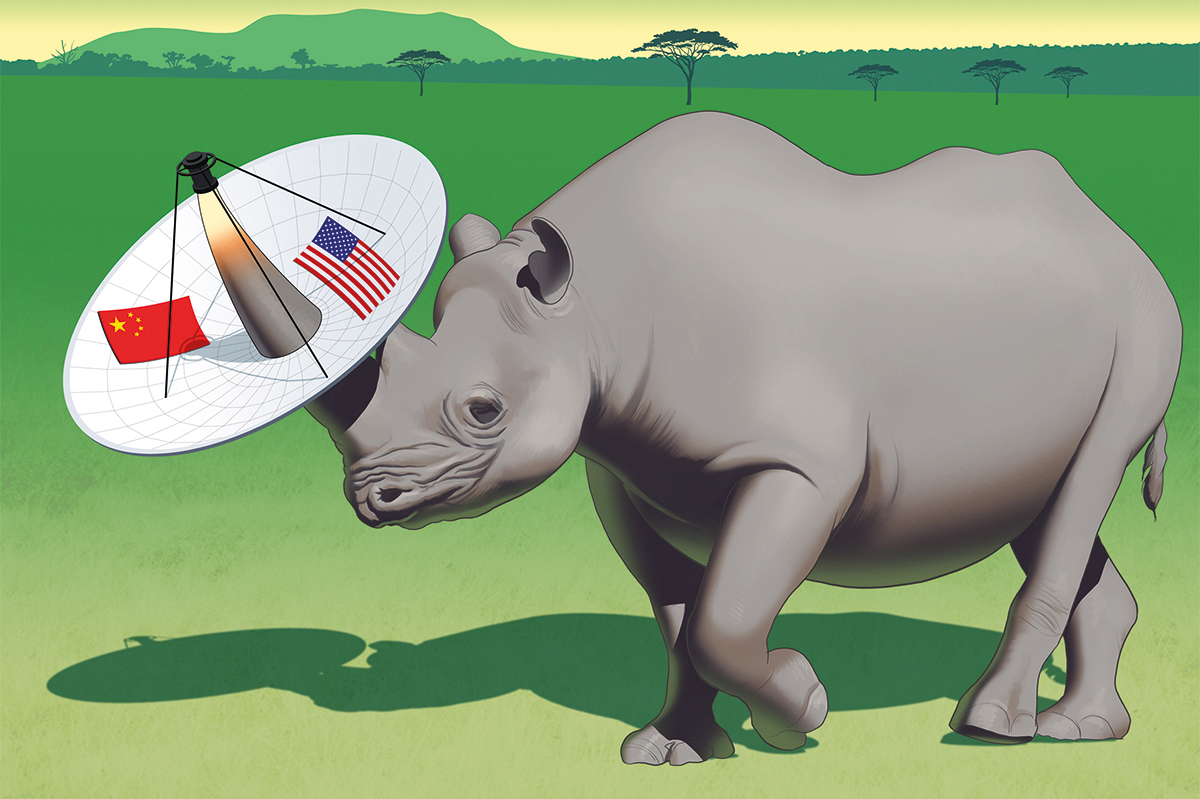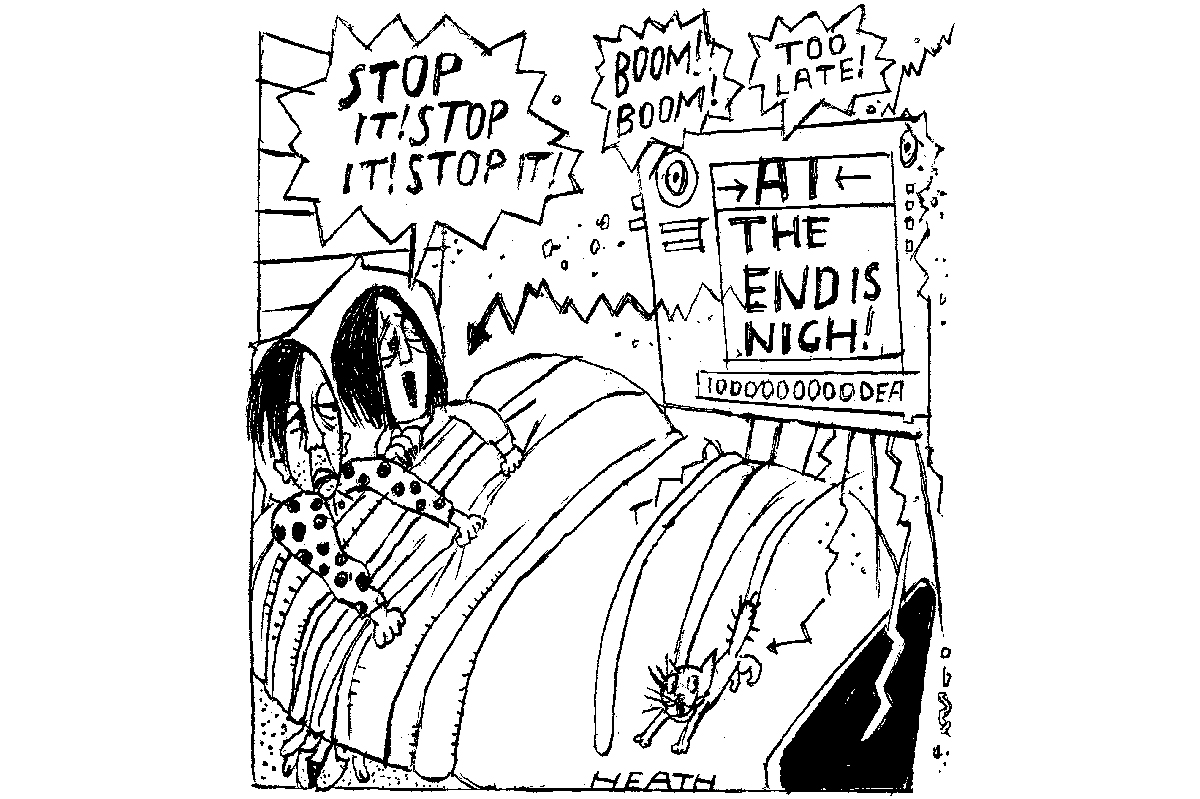It’s really quite difficult to keep up with all of the new ways technological ‘advancements’ are ruining things. We’re beginning to live out the 2009 film The Box, in which characters are presented a device with a button that, when pushed, grants them a million dollars — the only catch being that someone they’ll never meet will immediately perish. The dire unseen consequences of smart- phone conveniences aren’t quite as drastic, but they’re there nonetheless, and we rarely consider the moral quandary they present.
Enjoying the long lifespan of your lithium-ion battery? A Congolese child might’ve mined the cobalt it contains. You want the new Róisín Murphy LP delivered to your doorstep? An Amazon worker who has to dehydrate himself to meet his quota for the day will bring it right over. Craving a quesadilla? Press a button and an entire restaurant goes out of business because they can’t afford the Grubhub service charge.
The four-part podcast series Delivery Wars, part of the running series Land of the Giants, takes us through the development of what initially seemed like a great idea but ultimately played a major part in the restaurant industry’s current disarray. The original impulse for the creation of Grubhub and other food-delivery apps was simply to create a single platform on which one could browse the available takeout and delivery options. Then they added the ability to order from those restaurants. Then they offered their own delivery drivers to restaurants who didn’t have any on staff. Soon enough, the whole restaurant industry was changed, orienting itself toward delivery. For the stay-at-home gourmand, what was once a scattered selection of pizza and Chinese menus became a robust, ever-renewing array of limitless choice. Every cuisine, every neighborhood, every price point is now available. Eat anything you want, without even putting on pants.
Delivery Wars talks to several restaurateurs and service workers to show what a poisoned gift these apps have been. It’s true that continuing to provide delivery and take-out services kept some restaurants in business while indoor dining was prohibited by many city governments. Yet others found themselves losing money to the apps. Restaurant profit margins are razor-thin, and the exorbitant transaction fees Grubhub and DoorDash and Uber Eats charge mean they often lose money.
Given it’s only four episodes, this podcast covers a lot of ground. The host, Ahmed Ali Akbar, talks to service workers, customers and CEOs. It begins in the early days of tech’s impact on urban business and life, and it continues through the pandemic’s disruption of the food industry. It details the very real effects of these apps’ surcharges, siphoning off money that could’ve been used to pay higher wages for already-underpaid service workers or to source better and more ethical ingredients.
Reports like those in Delivery Wars have caused many cities finally to take notice of how their restaurant industry is suffering. Many have legislated caps on the transaction fees that apps charge per order, which is often as high as 30 percent. Baltimore, for instance, ruled that apps can no longer charge more than 15 percent. New York City set the cap at 23 percent, although Grubhub has vowed to fight the legislation. But the question remains: why were they allowed to take so much money — more than one restaurant owner in Delivery Wars compares Grubhub to the mafia — for so long with no oversight?
Techno-optimism is a real problem, and few journalists pass a gimlet eye over the hyped and often quite silly disruptions coming out of the industry. One regular source of rational skepticism is the ongoing series Tech Won’t Save Us. Host Paris Marx looks at the real-world effects of all of these overblown promises of innovation. When Apple launches a new miracle product, the aptly surnamed Marx brings on a reporter to talk about supply chain issues and the working conditions at factories. When Bitcoin bros and Ethereum enthusiasts talk about how cryptocurrencies can be used to free us from tyrannical governments, Marx and his guests discuss the backstage consequences of blockchain experimentation.
It’s distressing how frequently some venture-funded utopians will appear out of nowhere and tell us that they are going to reshape our cities, our social circles and our day jobs, only to have the press respond by saying ‘okay, sounds great, go right ahead’. What would have happened if journalists like those producing Delivery Wars and Tech Won’t Save Us had spoken up before restaurants all across the country started closing — due to staffing and pandemic stressors, yes, but also to the exacerbating pressures of delivery apps? Of course, it’s impossible to know. But as we move forward into the uncertain future, which most surely will include ever more promises of dreamy ‘disruptions’ to come, we would do well to heed to warnings of those like Paris Marx and his guests.
This article was originally published in The Spectator’s November 2021 World edition.



